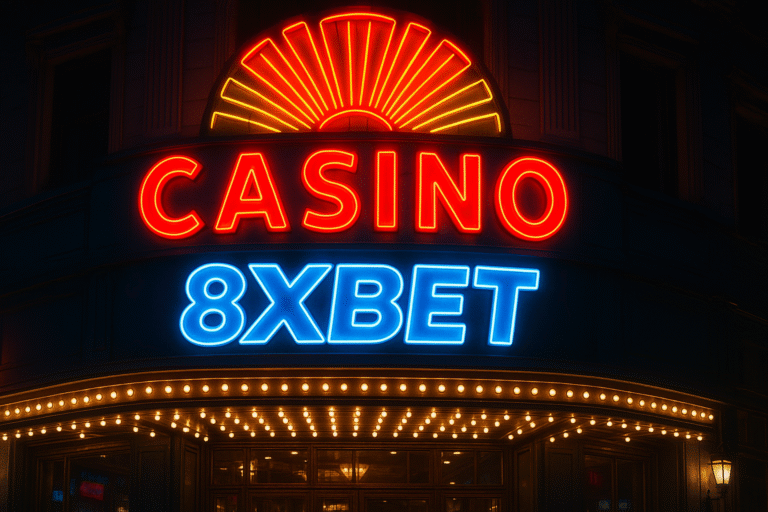The online casino industry is vast and rapidly growing, making licensing and regulation crucial for ensuring player safety and fair play. Reputable platforms like Cricket operate under strict licenses from recognized authorities, which help maintain trust and transparency in the gaming environment.
Why Licensing Matters
Licensing serves as a formal approval granted by regulatory bodies to online casinos, allowing them to legally offer gambling services. It guarantees that the casino adheres to certain standards related to player protection, fairness, security, and responsible gambling.
Without proper licensing, players risk encountering fraudulent operators that may manipulate games, refuse withdrawals, or misuse personal data. Licensed casinos are subject to regular audits and must comply with legal requirements, providing players with peace of mind.
Major Regulatory Authorities
Several well-known regulatory bodies oversee online casinos globally. Some of the most respected include:
- Malta Gaming Authority (MGA): One of the most reputable and widely recognized regulators, the MGA imposes strict guidelines on operators regarding fairness, security, and responsible gaming.
- United Kingdom Gambling Commission (UKGC): Known for its rigorous standards, the UKGC protects players in the UK market by enforcing transparency, player safety, and anti-money laundering measures.
- Gibraltar Regulatory Authority: Oversees a large number of online casinos, focusing on fair play and operational integrity.
- Curacao eGaming: Provides licenses primarily to emerging operators and is popular for its cost-effectiveness, though its regulatory oversight is considered less stringent than MGA or UKGC.
Key Regulatory Requirements
Licensed casinos must implement various measures to ensure a safe gaming environment:
- Fair Gaming: Games must use certified Random Number Generators (RNGs) tested by independent agencies to guarantee random and unbiased results.
- Player Protection: Casinos must safeguard players’ personal and financial data using advanced encryption technologies.
- Responsible Gambling: Operators are required to promote responsible gambling by providing self-exclusion tools, deposit limits, and access to support organizations.
- Financial Transparency: Licensed casinos undergo audits to ensure payouts are timely and that funds are handled properly.
The Licensing Process
Obtaining a license involves a thorough evaluation of the operator’s business model, software, security systems, and financial stability. Regulators also check the backgrounds of company directors and assess compliance with anti-money laundering laws.
Once licensed, casinos are subject to ongoing monitoring, including random checks and player complaints investigation. Failure to comply can result in fines, suspension, or revocation of the license.
How Players Can Verify Licensing
Players should always check an online casino’s licensing information, usually found in the website footer. They can verify the license by visiting the regulator’s official site and entering the casino’s license number.
Choosing a casino with a valid license from a respected authority reduces risks and enhances the overall gaming experience.
Conclusion
Licensing and regulation form the backbone of trust in the online casino industry. By ensuring fairness, security, and responsible operations, regulators protect players and help maintain a vibrant, reliable gaming market. Choosing licensed casinos like Crickex is essential for a safe and enjoyable online gambling journey.
